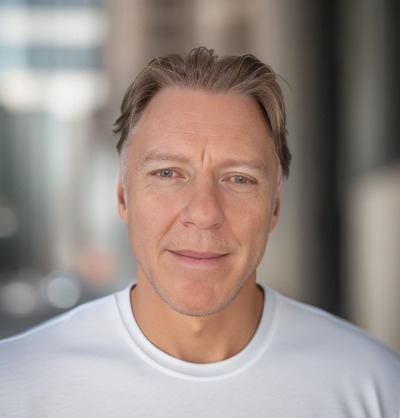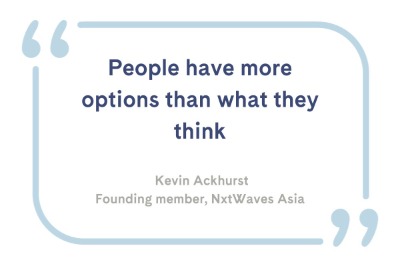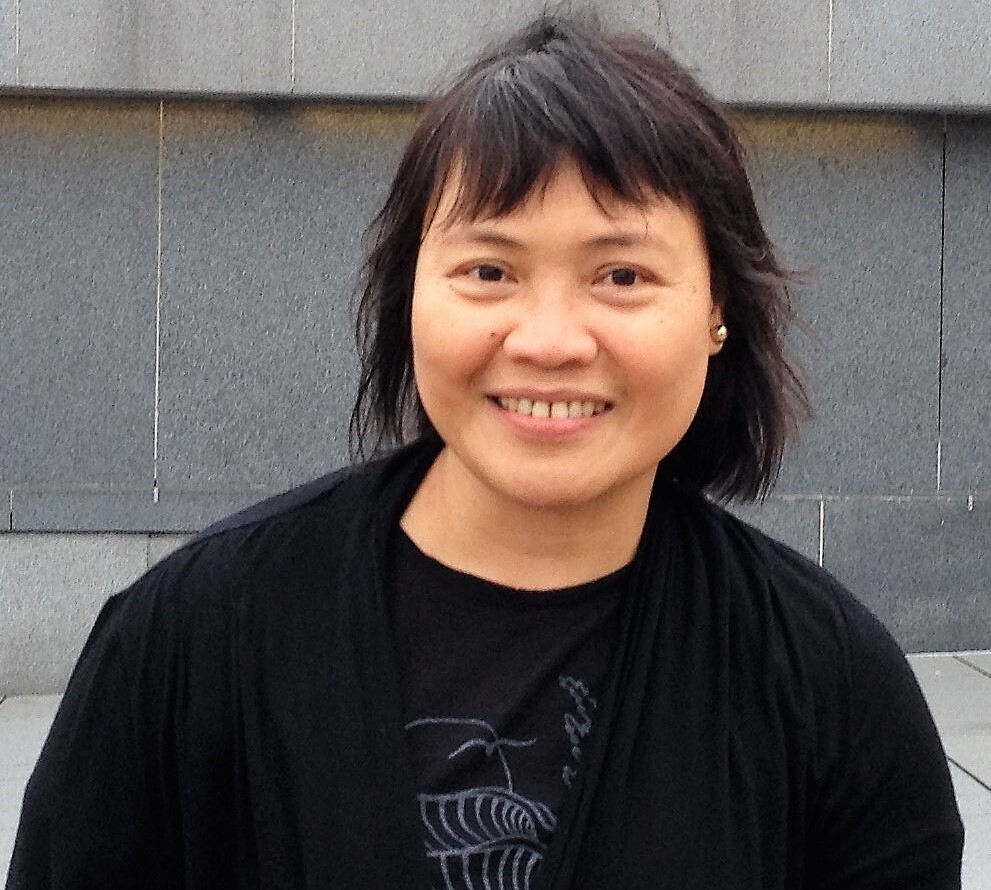
First, be open to reinvention
Across industries, knowledge professionals are contemplating their options following three decades or more of a fulfilling career. And they are not ready to retire in the traditional sense.
So how will they navigate what the writer David Brooks calls “the new old age”, when work and career are no longer in the centre of their lives?
“In the 21st century, another new phase is developing, between the career phase and senescence,” Brooks wrote in a widely-shared article in The Atlantic. “People are living longer lives. If you are 60 right now, you have a roughly 50 percent chance of reaching 90. In other words, if you retire in your early or mid-60s, you can expect to have another 20 years before your mind and body begin their steepest decline… For many, it’s a delightful and rewarding phase, but the transition into it can be rocky.”
This topic resonates with Kevin Ackhurst, who heads the Asia Pacific programme for NxtWaves.
Kevin says NxtWaves is for those who want to explore what happens next after a long productive period in a corporate environment, but are not ready to retire and want to bring meaning to their life and help others.
“Some people call it the third quarter*, the encore*, all sorts of things. None of us calls this retirement,” says Kevin, who is in an encore career himself, following more than three decades as an executive in technology companies such as Microsoft, Google, Juniper Networks and HubSpot. He was managing director at Microsoft New Zealand for nearly three years in 2007 to 2010, and helped establish and later head the industry group NZICT, now NZTech.
Kevin got involved at NxtWaves through a friend and colleague at Microsoft, Emilio Umeoka, who was a fellow at the Stanford Distinguished Careers Institute in Palo Alto, California. The year-long programme at Stanford aims to inspire “accomplished individuals” to thrive in their post-career years.
“I have always been interested in what Emilio was doing but I did not see myself going into spending a year in California, in Boston or in London because I have a 15-year-old that is still at school,” says Kevin, who is now based in the Sunshine Coast in Queensland.
Emilio introduced her to Michele Evans, another ex-Microsoft colleague, who had created NxtWaves six months before. “She built a programme based on her observation that people were seeking assistance with their transition from corporate life.”
The programme is open to experienced professionals, who have typically an established career of 20-plus years, and a role as a C-level executive, vice president, a director or founder, and recognise the need to start planning for what’s next.
Members need to commit to approximately six hours per month for meetings, peer coaching sessions, and professional coaching sessions, as well as reading and assignments.
“They need to be open to reinvention,” says Kevin.
“We ask them to focus on their values and path so that they are able to end the year with us with a clear view of their future.”
Kevin, who has worked in North America and the Asia Pacific region, notes some experienced professionals in Asia are reluctant to have conversations around post-career planning. “They might have this conversation with their family. They don't typically have this conversation with their friends. Whereas in the US, people are a bit more open about it to a certain extent.”
The initial NxtWaves cohort from the Asia Pacific includes participants from Japan, Southeast Asia, New Zealand and Australia. Next year, they will join a retreat with other NxtWaves members in New York.
Kevin finds those who have joined the programme, having been successful in the organisations they worked with, have a “predetermined view of where they think they are going.”
“They have a very small discrete number of options such as joining a board, becoming an adviser or mentor, or being involved in a charity.” But after completing the programme, they say, “Those are not my only options.”
He says one participant is in the process of opening a bakery. “He had a passion, something he had forgotten about, and that is something he wanted to do.” Another wants to help immigrants become successful, as he had been when he moved to a new country.

“These are outcomes that are not necessarily the goals they started out with. That is the really surprising thing, people have more options than what they think.”
Kevin is cognisant the programme does not cater for the general populace. “But it doesn’t mean there are no opportunities for them,” he states. He says across the globe, people are looking at starting programmes to help professionals from a range of backgrounds, such as the police, firefighters or teachers, plan post-career paths.
Kevin prepared for this phase by thinking of the things that are important to him, his top values. “I came up with three - to be healthy, helpful and happy.”
“In the next 40 to 50 years of my life, mental and physical health is incredibly important. I am focused on these areas everyday.”
He has always been involved in a range of charities such as those involved in improving health and alleviating poverty. “I increased the level of work I do in that area as well.”
He is also “reconnecting” with people he always wanted to spend time with. “These are people I had interactions with at some point in my life. I would have liked to maintain that connection but have not necessarily done that, and have used the excuse that my work got in the way.”
He is looking to expand these connections further, starting with the community hall and library around 600 metres from his house. In his spare time, Kevin wants to talk to people there about how he is helping senior executives plan their next life phase.
“I could just say, 'Who wants to talk about this thing? I can’t necessarily bring you into the programme. But I could spend some of my time just talking about the stuff that we do’…That is what my own contribution could be to the community.”
Let’s talk transitions
The lesson from these? Plan for this next phase of your life early on - whether through introspection; an advisory board of trusted friends and “thoughtful critics”; or a formal programme.
The reality is people who are financially independent have myriad options because they can sustain their lifestyle even without regular employment. There are also professionals (medical doctors and teachers are prime examples) who continue to work by choice because they like what they do or their skills are needed. There are those who have a few years of bridging full-time or part-time work because they need to. Moreover, there are people who have to work into their senior years for sustenance, their situation meriting a different take on post-career life.
These discussions are critical, if inevitable, as the global population transitions too. The World Health Organization reports that all countries are experiencing growth in the number and proportion of older persons. By the end of this decade, the WHO predicts 1 in 6 people in the world will be aged 60 years or over; with the share of the population aged 60 years and over, increasing from 1 billion in 2020 to 1.4 billion.
We are already seeing a cohort from this 60-plus age group who view ‘retirement’ as passé and want to be actively working or engaged as long as they can. Their socio-civic and economic contributions could well be the data for good the world aptly needs now.
*The years between 50 and 75 are referred to as the third quarter by Avivah Wittenberg-Cox
*In his article in The Atlantic, David Brooks prefers to call this life stage “encore years”
In future blogs, I will explore how other business leaders and knowledge professionals have transitioned to their next role after leaving full-time jobs or a portfolio of posts. If you would like to share your insights on this topic, and the modern workplace, write me divinap@gmail.com
Divina Paredes is a New Zealand-based writer interested in #ICTTrends #Tech4Good #DigitalWorkplace #Data4Good #Sustainability #CivilSociety #SpecialNeedsCommunity #SocialEnterprises
Reach her on Twitter: @divinap
Photos:
Oregon lakeside by Dulce Tadena
Kevin Ackhurst, founding member of NxtWaves Asia

